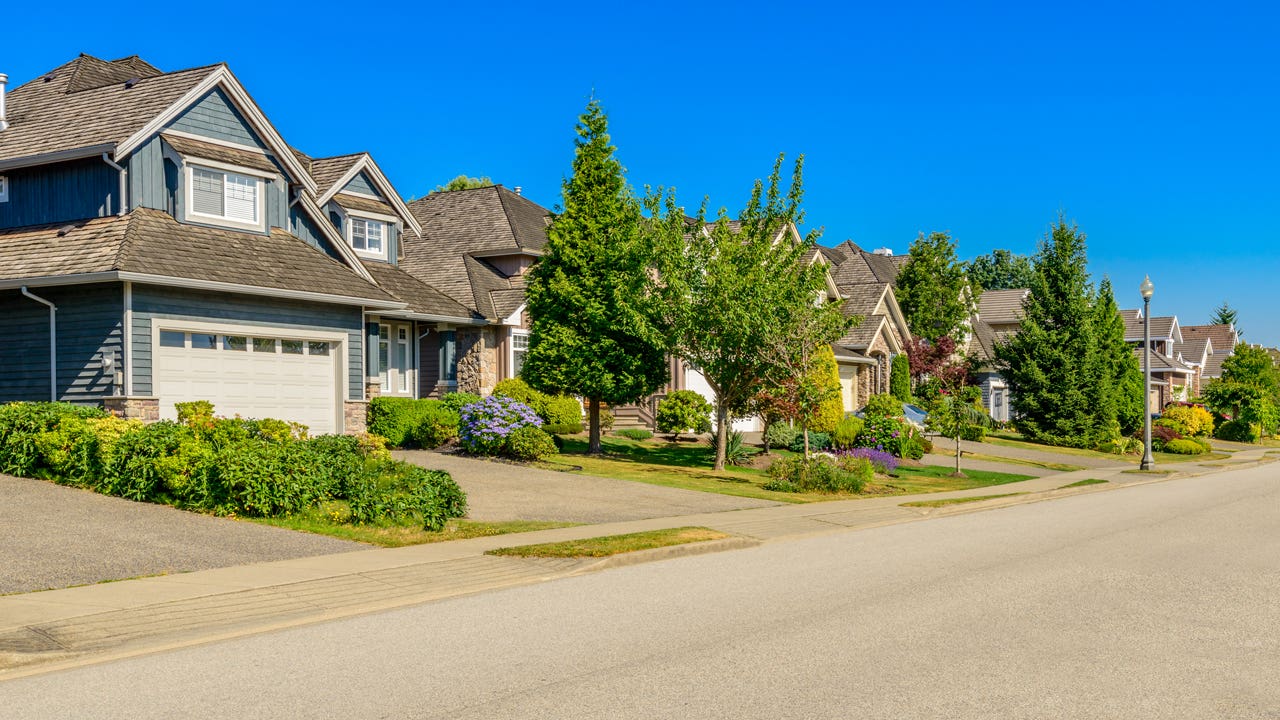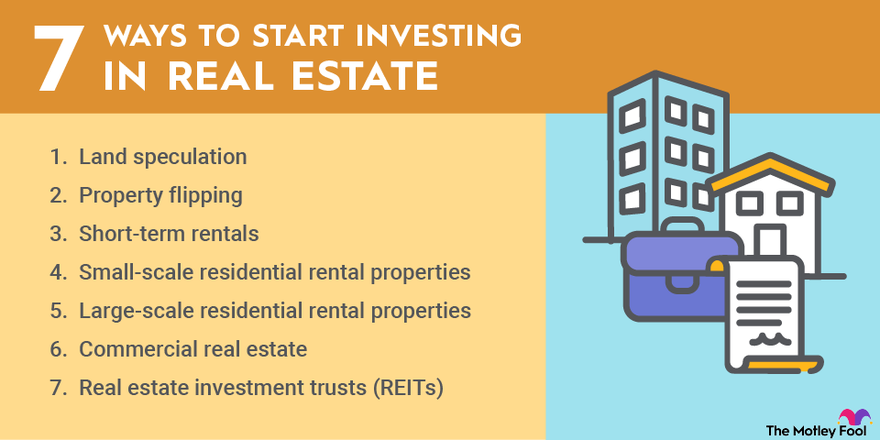The Future of Real Estate: Patterns and Opportunities to Watch
As the genuine estate landscape advances, it becomes significantly important to understand the emerging patterns and possibilities that will certainly define the market in the coming years. With these characteristics at play, a closer assessment of the adjustments and approaches necessary for success exposes intriguing opportunities that might improve financial investment approaches and market habits.
Technological Innovations in Property
In the last few years, the actual estate sector has actually embraced a wave of technological technologies that are changing traditional methods. These developments have substantially enhanced effectiveness, openness, and decision-making procedures within the market. Among one of the most notable innovations is the increase of huge information analytics, which permits genuine estate experts to examine market trends, predict residential property values, and recognize financial investment chances with unmatched precision. This data-driven strategy enables stakeholders to make informed decisions and lowers the threats connected with residential property transactions.
Furthermore, virtual truth (VIRTUAL REALITY) and boosted truth (AR) technologies are reinventing home advertising by supplying immersive experiences for possible purchasers and lessees. These tools allow customers to carry out digital trips of buildings, therefore improving the search procedure and enhancing consumer engagement. Furthermore, blockchain modern technology is getting grip as a way to safeguard deals and maintain clear records, therefore reducing scams and expediting the closing procedure.
Smart home innovations are additionally ending up being increasingly common, making it possible for house owners to monitor and regulate their buildings remotely (Real Estate Lockhart). Collectively, these technological advancements are improving the landscape of genuine estate, promoting an extra effective, transparent, and customer-centric market
Demand for Lasting Characteristics
As consumers progressively prioritize ecological responsibility, the need for lasting properties has actually surged in the realty market. This shift mirrors a broader societal trend toward sustainability, with investors and buyers looking for residential properties that lessen ecological impact while maximizing power effectiveness. Features such as photovoltaic panels, energy-efficient appliances, and sustainable structure products are now deemed important as opposed to optional.

Furthermore, the rise of green communities, which prioritize walkability and access to mass transit, better emphasizes this pattern. These advancements appeal to environmentally aware purchasers and advertise a healthier way of living.
As the need for sustainable residential properties remains to increase, sector stakeholders have to adapt to these assumptions. By focusing on and embracing cutting-edge methods sustainability, the property sector can not just fulfill customer need yet additionally add to a more sustainable future.
Altering Purchaser Demographics

Additionally, the aging population is reshaping demand for housing. Baby boomers are seeking scaled down homes that provide accessibility and reduced upkeep, usually favoring city settings with nearby features. This change demands an emphasis on multi-generational real estate options that suit varying demands.
Additionally, social variety is playing a critical duty in real estate fads. As these market shifts proceed to advance, actual estate professionals should adapt their techniques to attend to the needs of these diverse purchasers (Real Estate Lockhart).
Rise of Remote Work Effect
Significantly, the increase of remote job is transforming the genuine estate landscape, triggering considerable shifts in buyer preferences and location choices. As workers enjoy the versatility of functioning from home, several are reviewing their property requirements, causing a rise in demand for residential properties in rural and suburban locations. This fad is largely driven by the need for more roomy living environments that can accommodate office and a better lifestyle.
Additionally, city centers, as soon as view publisher site the centerpiece for customers, are experiencing a progressive decline sought after as individuals focus on cost and access to nature. As a result, realty designers and investors are shifting their emphasis toward residential or commercial properties that use home workplace rooms, outside features, and distance to crucial solutions.
Real estate professionals have to adapt to the transforming preferences of buyers, emphasizing the importance of way of life elements in their advertising and marketing strategies. The effects of remote work on real estate are profound, forming future trends and opportunities.
Investment Opportunities in Emerging Markets
Investment opportunities in emerging markets are continually bring in focus from actual estate capitalists looking for diversity and growth possibility. These markets, characterized by rapid financial growth, increasing urbanization, and an expanding center course, existing one-of-a-kind prospects for wise capitalists. Countries in Southeast Asia, Africa, and Latin America are seeing considerable infrastructure renovations and beneficial federal government policies, which better improve their charm.
Property fields such as domestic, industrial, and logistics are experiencing heightened demand as a result of metropolitan movement and advancing customer preferences. Notably, cities like Ho Chi Minh City, Nairobi, and Medellín are ending up being hotspots for financial investment as a result of their expanding economies and younger demographics.
Financiers ought to conduct complete market analyses to determine key fads, such as changes in populace characteristics and financial stability, which can affect residential property values. Additionally, partnerships with regional actual estate companies can promote effective entrance and navigation in these markets.
Nevertheless, it's critical to be conscious of prospective threats, including political instability and regulative challenges. By evaluating these factors and taking on a lasting viewpoint, capitalists can efficiently take advantage of the profitable chances emerging in these developing areas.

Final Thought
In verdict, the future of actual estate will be considerably affected by technological developments, a growing focus on sustainability, and evolving purchaser demographics. Navigating this transforming landscape will require tactical partnerships and a keen understanding of market dynamics to take advantage of on the trends forming the sector.
As the genuine estate landscape develops, it becomes significantly necessary to comprehend the arising patterns and possibilities that will define the market in the coming years. One of the most notable developments is the surge of big data analytics, which allows genuine estate specialists to examine market trends, forecast residential or commercial property values, and identify financial investment chances with unmatched precision.As customers increasingly prioritize ecological obligation, the demand for lasting homes has Read Full Article actually risen in the real estate market. The effects of remote job on genuine estate are profound, forming find more future trends and chances.
Financial investment chances in arising markets are consistently attracting focus from genuine estate capitalists looking for diversity and growth capacity.